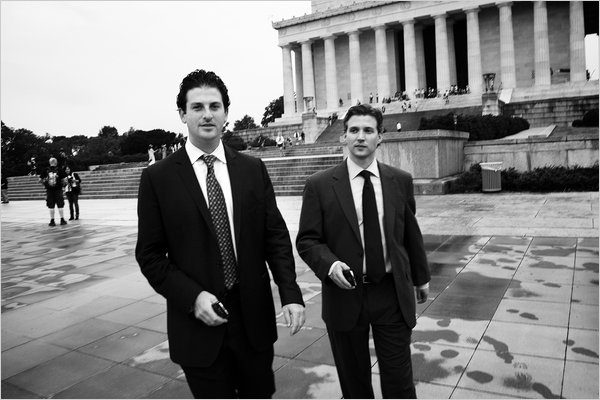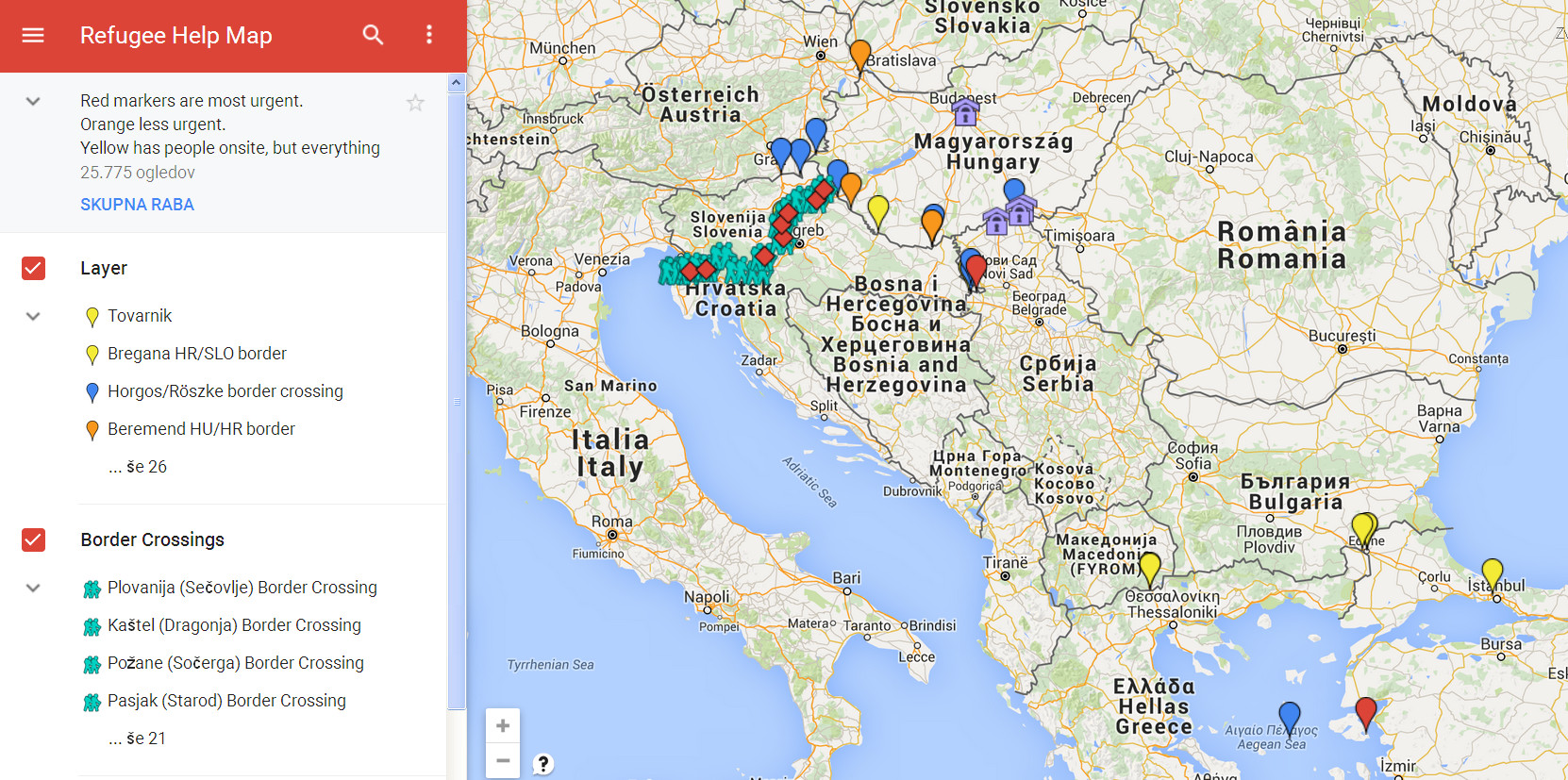Alec Ross, the Senior Adviser for Innovation to the US State Secretary Hillary Clinton, is due on an official visit to Moscow later this week to put the dialogue with Moscow back on track. Experts believe that the seemingly peaceful State Department methods violate the principles of other countries’ national security.
Alec Ross, the Senior Adviser for Innovation to the US State Secretary Hillary Clinton, is due on an official visit to Moscow later this week to put the dialogue with Moscow back on track. Experts believe that the seemingly peaceful State Department methods violate the principles of other countries’ national security.
The main innovation that Ross is in charge of is the so-called digital or Internet diplomacy. Today, it is almost exclusively via the Internet that propaganda is being made as against via traditional mass media in the past. The State Department alone boasts more than 200 Facebook pages and almost 100 Twitter microblogs. Alec Ross is, besides, responsible for the introduction of new technologies into US embassy performance abroad. It is on his suggestion that new posts have been ushered in, in the US embassies, says an expert in competitive intelligence Andrei Mosalovich in an interview with the Voice of Russia, and elaborates.
“Many embassies, Andrei Mosalovich says, have now got the new post of a digital diplomacy counselor. Alec Ross’s visit is not just a one-off trip, but a component of a US targeted strategy that can’t help but cause apprehension. All this amounts to improving the developed countries’ instruments of interference in the affairs of developing nations.”
Alec Ross said earlier that he was going to Moscow to meet Russian officials, diplomats and University students (he is due to deliver a number of public lectures), in other words, he is going to Moscow not to offer excuses, but to explain. But it is precisely the freedom of expression that played the key role in the course of what came to be known as the ‘Arab Spring’. The Deputy Assistant to the NATO Secretary-General, Stephanie Babst, said recently that Facebook boasting 2 million subscribers who communicate in 70 languages worldwide, as well as other social networks are a convenient instrument in addition to the traditional methods of informing and mobilizing the public. In this context Anton Korobkov-Zemliansky, a member of the Russian Public Chamber, says that the concept of digital diplomacy may pose a direct threat to national sovereignty. Here’s more from Anton Korobkov-Zemliansky.
“The promotion of democracy via the Internet is something relative, Anton Korobkov-Zemliansky said. We have only recently borne witness to what was happening in Egypt and other countries when provocateurs used social networks and blogs to foment internal conflicts.”
Notably, the United States is preaching democracy on the web, while often using non-democratic methods to limit it at home, Anton Korobkov-Zemliansky says, and elaborates.
“The WikiLeaks story is quite indicative in that context, Anton Korobkov-Zemliansky says. On the one hand, the freedom of speech and universal openness are proclaimed, while on the other, WikiLeaks comes under attack, Julian Assange’s bank accounts have been blocked, efforts are being made to block the website, Assange’s private correspondence has been cracked etc.”
Another digital brainchild of the US State Department is the so-called shadow Internet. The system that the Pentagon has helped to create makes it possible for dissenters in different countries to exchange information in circumvention of the local censure mechanisms. Experts admit that the Alec Ross mission to Moscow is important as a “reset” element, whatever the apprehensions. One visit may prove insufficient to change the positions of Russia and the United States. But it was only recently that the two countries chose to avoid discussions completely.
The Voice of Russia on Hillary Clinton’s Senior Adviser for Innovation Alec Ross’s forthcoming visit to Moscow.






